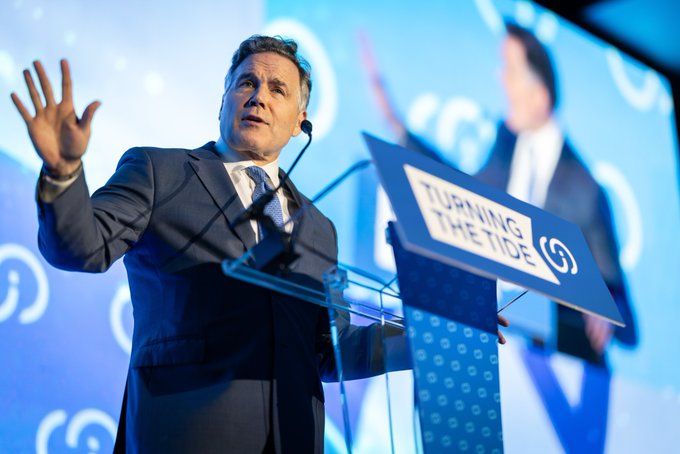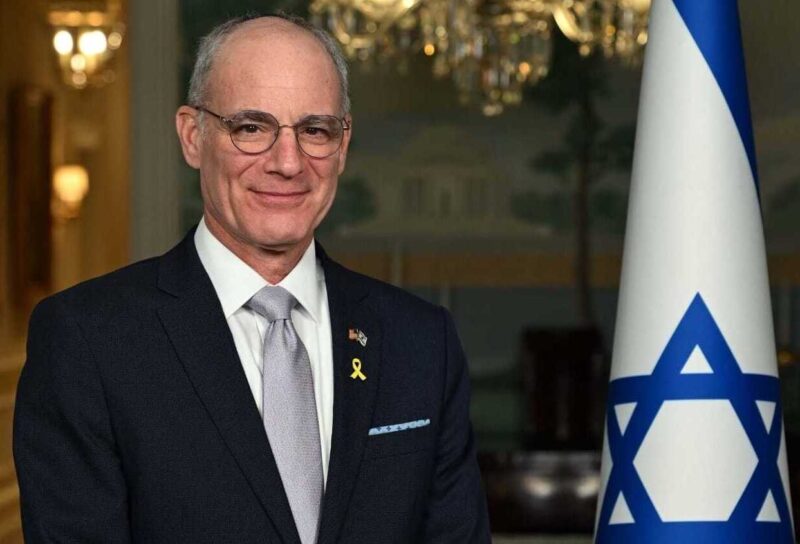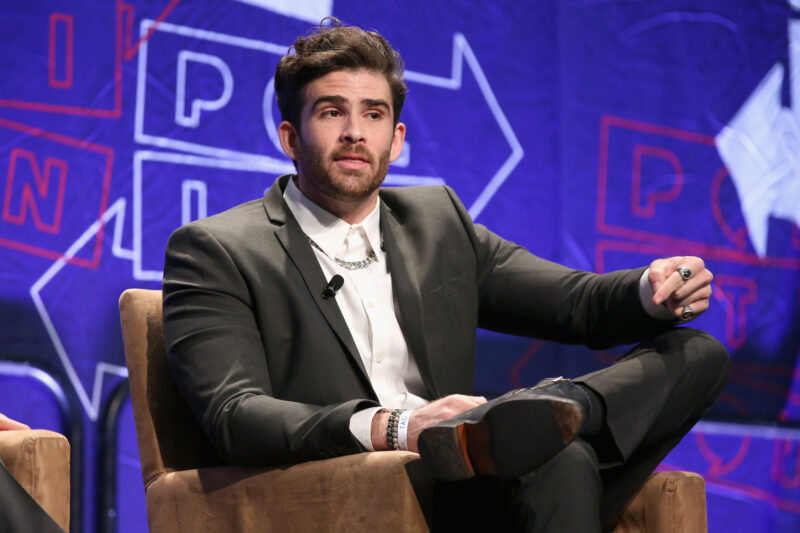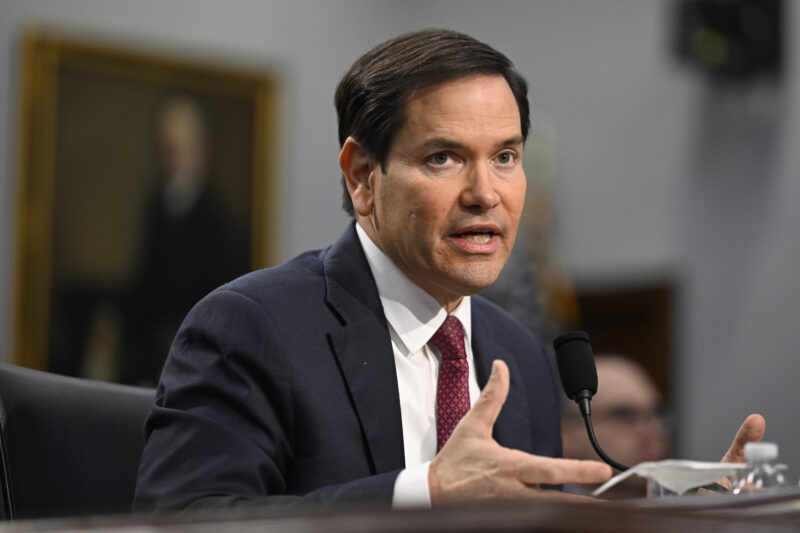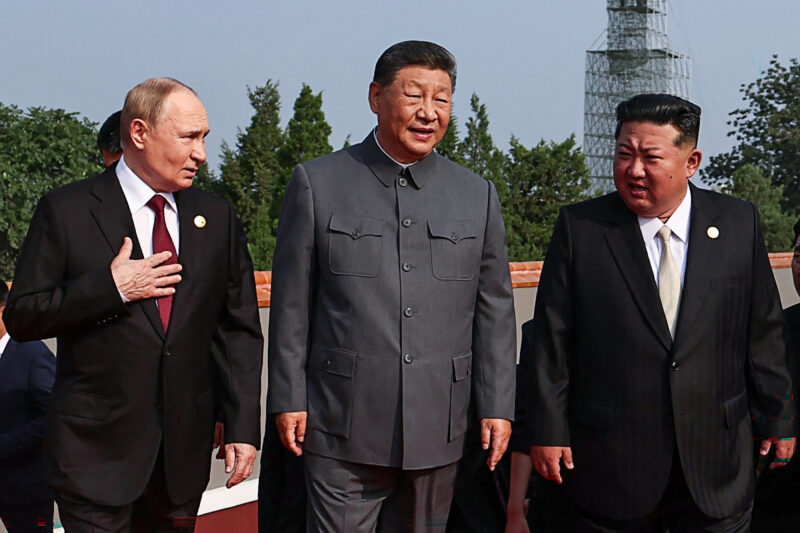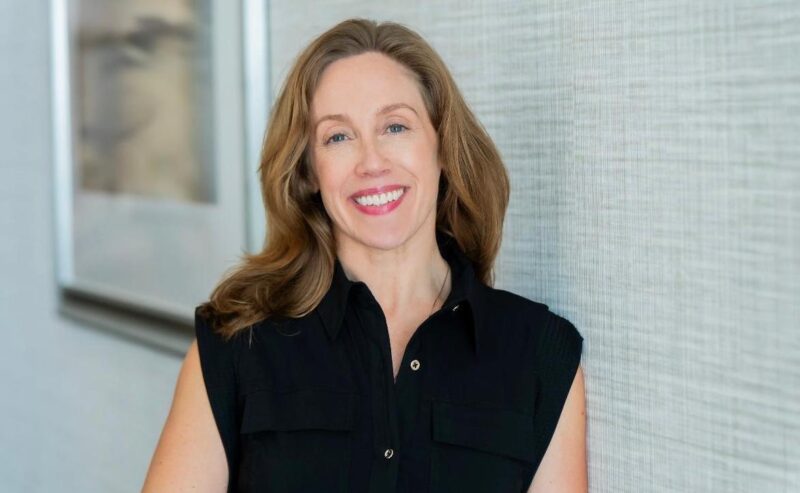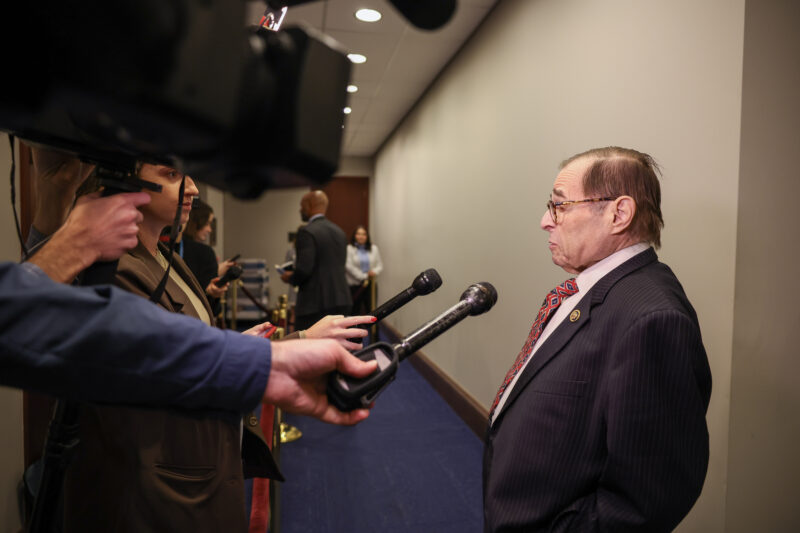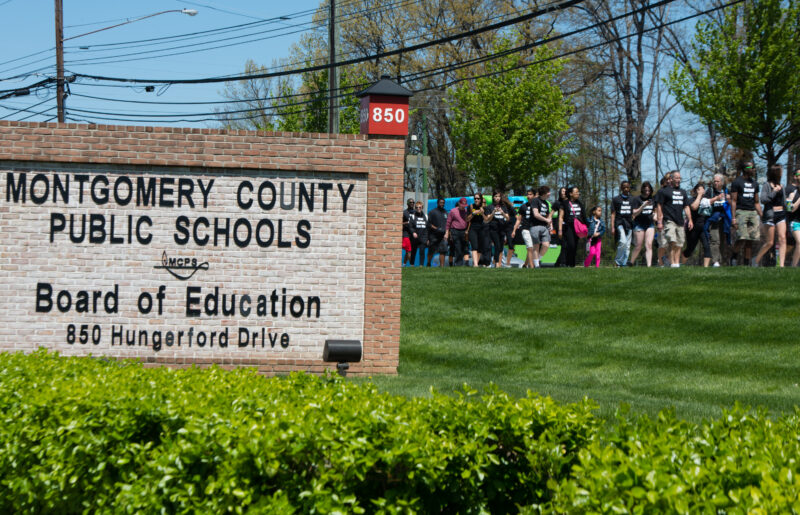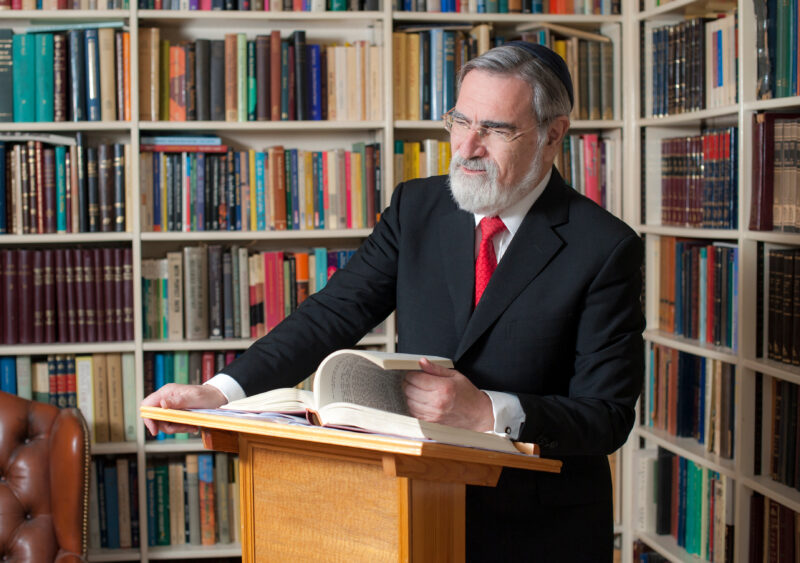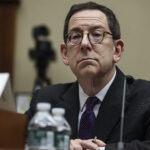The collective shrug at rising antisemitism
In normal times, a candidate would be ashamed to be associated with extremists, and would immediately cut ties with the offending staffers

AP Photo/Abbie Parr
U.S. Senator Amy Klobuchar, left, and Minnesota Gov. Tim Walz, right, arrive at a press conference ahead of the U.S. Gymnastics Olympic Trials Monday, June 24, 2024, in Minneapolis.
If there is one word to describe the political mood in dealing with rising antisemitism, it would be apathy. Even the most jaw-dropping displays of anti-Jewish hatred — from abject Holocaust denial on far-right podcasts to support for Hamas’ atrocities on the extreme left — are increasingly responded to with shrugs from mainstream political leaders.
The most recent example of obvious antisemitism being ignored by a party’s political class came out of Minnesota, where we reported about Minneapolis Democratic mayoral candidate Omar Fateh — running as a democratic socialist against sitting Mayor Jacob Frey — hiring top staff who celebrated Hamas’ Oct. 7 terror attacks.
In normal times, a candidate would be ashamed to be associated with extremists, and would immediately cut ties with the offending staffers. Not long ago, having ties to that type of extremist rhetoric would be disqualifying for the candidate as well.
But these are not normal times. Not only has Fateh, a state senator, ignored the controversy entirely, but the local and national media has been uninterested in following up on Jewish Insider’s reporting about the radical operatives on Fateh’s team.
Even more shocking: Two of Frey’s most prominent backers, Sen. Amy Klobuchar (D-MN) and Minnesota Gov. Tim Walz — have remained silent when asked about their thoughts about the antisemitism stemming from an endorsee’s political rival. It’s a sign that many mainstream Democrats fear that speaking out against antisemitism or anti-Israel extremism could lead to a backlash from other grassroots supporters.
At best, it’s a sign that speaking out against hate carries few political benefits these days.
We saw a similar dynamic in Virginia this month, when former Rep. Abigail Spanberger (D-VA), the Democratic nominee for governor, initially avoided answering questions from our reporters when asked about the rhetoric from an influential Democratic legislator tagging Zionism as “evil.” (After other leading Democrats weighed in, she responded: “One can and must denounce these tragedies without using antisemitic language, whether intentional or not.”)
Unlike in Minneapolis, which is heavily Democratic and deeply progressive, Virginia is a more competitive battleground. But even in battleground states, the makeup of the Democratic Party has changed to the point where speaking out against virulent anti-Israel rhetoric carries the potential for backlash from Arab and left-wing voices within the party coalition.
The apathy towards antisemitism is far from only a left-wing issue. On the right-wing side of the ledger, there are numerous examples of a grassroots infrastructure — from podcasts to social media influencers — that has become openly antisemitic and hostile to Israel.
Tucker Carlson is the most prominent of these voices, but the number of podcasters and so-called influencers who share his worldview is growing. It’s as much a demand-side problem as a supply-side one. It’s now perfectly plausible to build a niche as a far-right purveyor of hate in the new social media ecosystem, and build a lucrative audience from that base.
We’ve also seen, on the Republican side, the reticence to confront antisemitism when it’s happening from within its own ranks. When the Pentagon hired a deputy press secretary with a long history of promoting antisemitic conspiracy theories, barely a peep of protest was heard from within partisan circles. In fact, she’s since been promoted to become the lead press secretary at the Defense Department.
There’s something broken in our political culture where we’ve, broadly speaking, become numb to the crazy. It’s a bipartisan phenomenon. And it’s happening as real-life antisemitic violence is at record levels, highlighted recently by the firebombing against Jews in Boulder, Colo.; the murder of two Israeli Embassy staffers in Washington; and the attack on Gov. Josh Shapiro’s home in Harrisburg, Pa.
The trend only underscores the need for Jewish organizations to speak up in the face of this rising hate, and if necessary, turn up the political pressure on all fronts.






